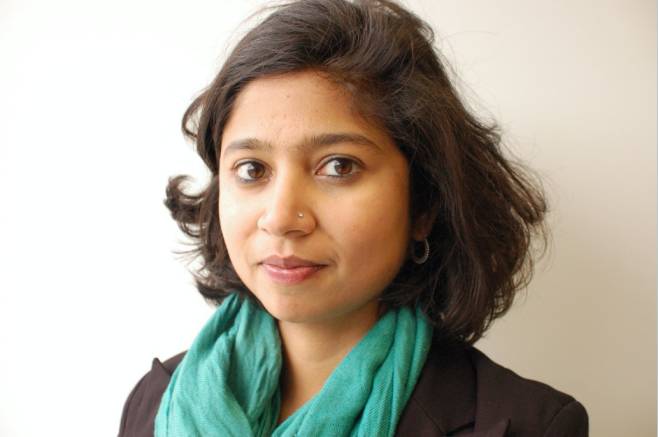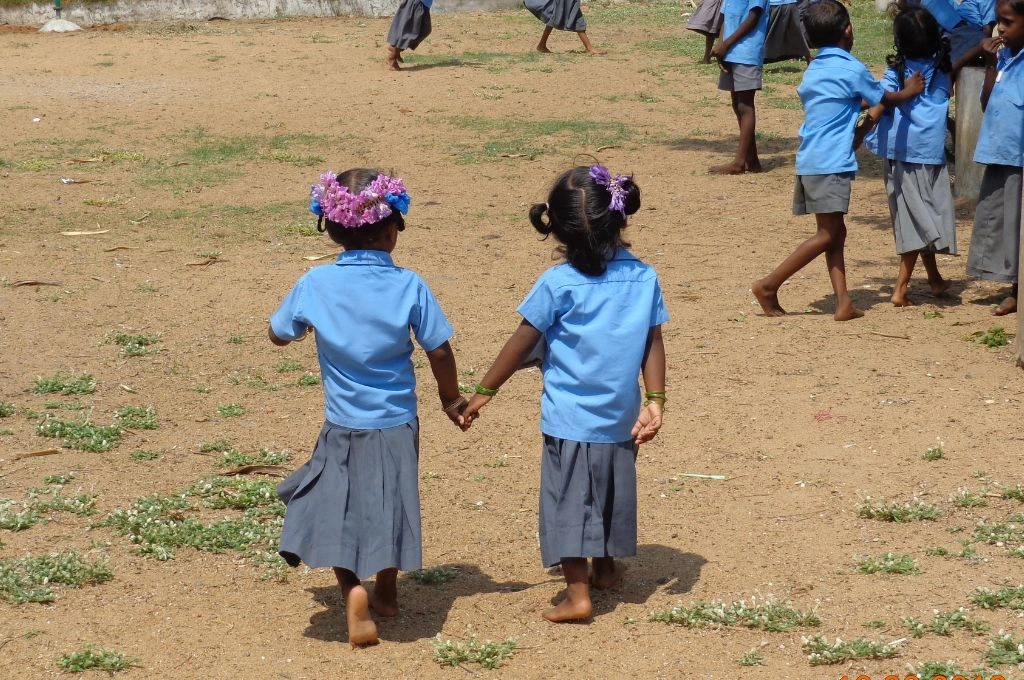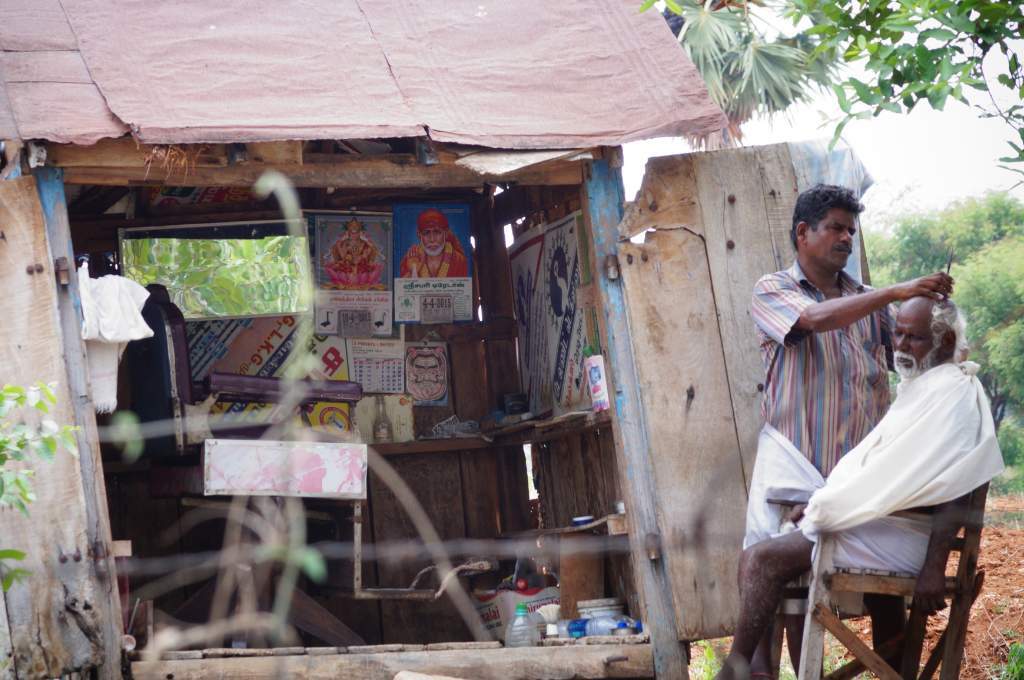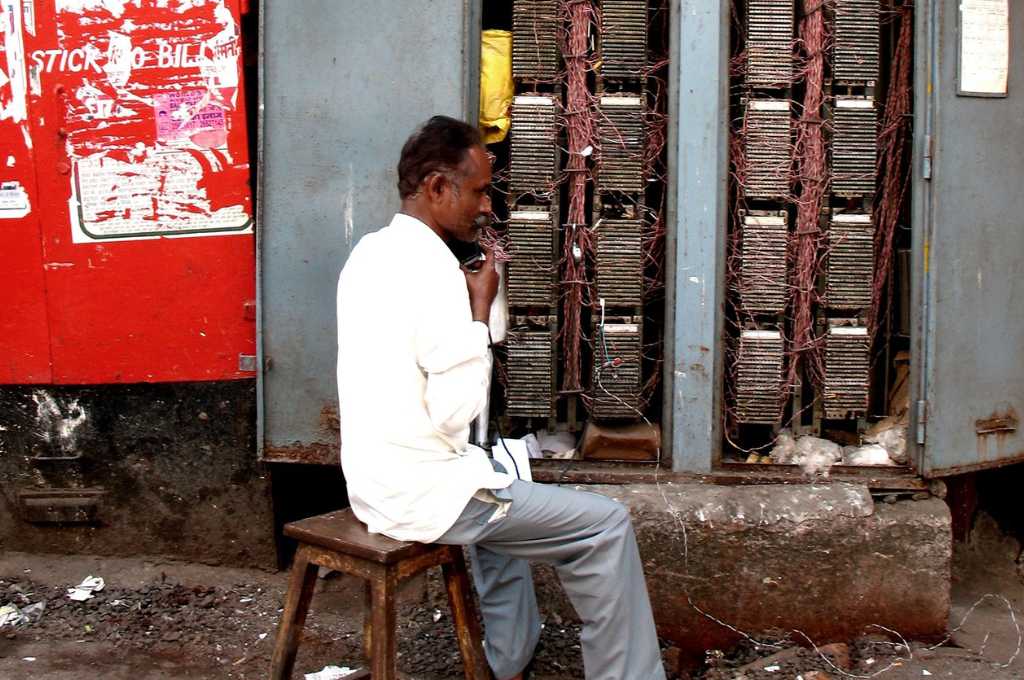My name is Gayatri Sahgal and I am a PhD student at Wolfson College, University of Oxford. Last year, when the first few lockdowns were imposed globally to contain the spread of COVID-19, I was unable to travel back to the United Kingdom and had to stay back in India. While looking for ways to help the situation here, a close friend of mine—Anindita Adhikari—suggested I join the Stranded Workers Action Network (SWAN).
SWAN was set up in March 2020, when Anindita, Seema Mundoli, Rajendran Narayan, and many others came together to form a collective of volunteers to organise relief for workers stranded in cities due to the national lockdown.
At SWAN, I manage the needs assessment team with another colleague. This team works across four zones—north, south, east, and west—and comprises volunteers and zonal coordinators. The volunteers are responsible for managing calls, while the coordinators oversee operations and day-to-day collation of incoming data.
8:00 AM: Since I’ve started working with SWAN, I always wake up to a steady stream of messages being exchanged between team members. Over the past few weeks, we’ve worked on decentralising the process of managing calls that we receive from workers. Initially, we were directly getting calls on our numbers, which were being circulated. Now, we’ve set up helpline numbers that are manned by volunteers. When somebody calls the helpline, they are directed to a volunteer who takes note of their requirements and assesses their needs by asking them certain questions using a standardised needs assessment form.
While I usually don’t take calls directly anymore, today I wake up to a call from a worker who I’d spoken to in April. I had helped him secure rations by connecting him to a nonprofit that was distributing rations in his area, in Jharkhand. This morning, however, he has called to ask if SWAN can arrange some money for his family of four. Upon checking our records, I realise that we have already made three micro-transfers to him, which is where we tend to cap it. But as he seems to be in need of some immediate funds, I decide to forward his call to the money transfer team to do the needful.
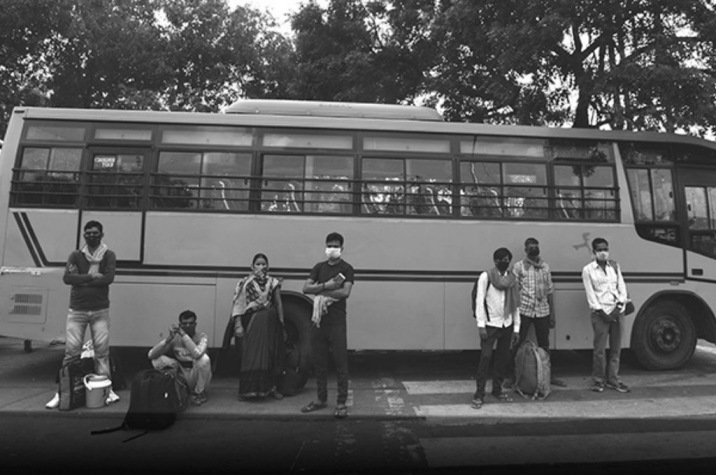
9:00 AM: After a quick breakfast, I spend a few hours on my PhD work. My research focuses on the political economy of fragile contexts, specifically in the Horn of Africa region. It takes me a while to completely switch off and concentrate on my research—the devastating situation at hand is always playing at the back of my mind.
Once I wrap up my research work, I get ready for a day of meetings and calls.
11:30 AM: I log on for a meeting with SWAN’s content team that is working on messaging around vaccine hesitancy and precautions for COVID-19. Compared to last year, in 2021 we have also been focussing on collecting data and gathering feedback from workers on the actual situation on the ground. This helps the team plan campaigns better. Simultaneously, the content team also works with a network of nonprofits that are developing vaccine awareness campaigns.
We have decided that we want to capture their messages, the pictures they send in, and other material that can be used to effectively communicate the larger story of the crisis.
During the meeting, the needs assessment team shares the feedback they have received from the workers. Drawing on this information, we discuss the messaging that needs to be crafted to be shared with our database of workers.
1:00 PM: I sit down to finish drafting a section of a report that captures the impact of the second wave on workers.
Since the first lockdown was imposed, we have gathered a lot of data through the calls we have received. However, with this report, our objective is to go beyond the numbers and the data collected. We want to present the lived experiences of workers who, in less than a year, have had to face two successive crises of livelihoods that have dented their savings and income.
We have also observed certain patterns across the calls we’ve been receiving and realised that the nature of calls has evolved over the course of the year. These days the workers are very disheartened, even more so than last year. “Nobody really cares about us. They don’t really take us into consideration when they make policies,” is a common refrain across calls. Which is why, in the report, we have decided that we want to capture their messages, the pictures they send in, and other material that can be used to effectively communicate the larger story of the crisis.
COVID-19 has revealed a massive systematic problem. Through this report, SWAN is also trying to make this appeal that more needs to be done, because what has been done until now has just been completely insufficient.
4:00 PM: I join the weekly core group meeting. These meetings have become even more important as the situation is evolving daily. SWAN’s core group comprises members who oversee the daily operations of different teams. These meetings are usually more strategic, with the agenda laid out in advance. Some action points for today include discussing the status of the report, the feedback shared by our volunteers at our last all-volunteer meet, and how we can engage better with the government machinery to advocate for change on the ground.
While providing immediate relief to workers is central to what we do at SWAN, this year we have gone a step further and worked on advocacy.
We start by going over the report in detail—discussing which parts to keep, and which can be left out to be used as stand-alone pieces, so on and so forth.
While providing immediate relief to workers is central to what we do at SWAN, this year we have gone a step further and worked on advocacy. The report is one part of our advocacy agenda. Another aspect of it is holding governments accountable for the relief measures that they have announced. For example, in April 2021, when the second wave had hit its peak in New Delhi, we started receiving a barrage of calls from the capital. Upon investigating further, we came to know that the Delhi government had announced some steps to manage the situation on ground, such as a labour helpline and an information desk. Upon calling the labour helpline, we found that it was meant for employers and not for workers. The other helpline that was supposed to be for ration distribution was only coordinating the distribution of cooked food, and even the operators themselves seemed to be uninformed. Based on our findings, we drafted a letter to the Chief Minister and Deputy Chief Minister. We followed this up with a Twitter campaign asking them for a status on all the points raised in the letter. Eventually, the Delhi government announced that they were arranging for ration to be distributed.
To pick out any such similar patterns in the calls we have been receiving, we go over the feedback we have collected from various teams during our meeting. We discuss the need to engage with the official machinery further and steps we can take to raise our concerns, while proactively working with them on solutions.
As a part of the fellowship, six migrant workers get a platform to record and document their experiences and help other migrant workers access government schemes.
Another important aspect we discuss is the SWAN fellowship programme, which allows SWAN’s work to continue beyond its current structure. As a part of the fellowship, six migrant workers, who have been selected as ‘SWAN fellows’, get a platform to record and document their experiences and help other migrant workers get access to government schemes. These fellows can then further mobilise other networks of migrant workers, and collect data from them in order to amplify their collective appeals to the government.
When SWAN was set up, the intention was to fill gaps in the system and not do the work that the governments were supposed to or what the nonprofits were already doing. As we discuss the decreasing volume of calls and wrapping up operations for SWAN during the meeting, we also talk about ways in which we can strengthen the SWAN fellowship programme to enable our fellows to keep the momentum going. The meeting goes on for three hours.
8:00 PM: After a quick dinner, I go over all the action points for work tomorrow. Before calling it a night, I check in with all the zonal managers to see if they had any issues during their workday or came across any case that needs urgent attention.
As told to IDR.
—
Know more
- Read SWAN’s latest report on the distress of migrant workers in India.
- Learn why the second wave has been harder for migrant workers here.
